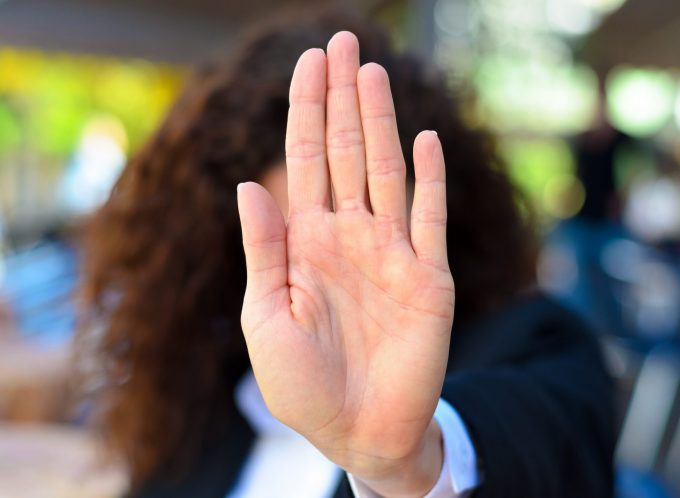Meet the Team
Categories
- Battle of Wills Video Series
- Uncategorized
- Personal Law
- Business
- Family Law
- Criminal Law
- Employment
- Commercial Litigation
- Conveyancing
- Debt Recovery
- Wills & Estates
- Contested Wills & Estates
- Compensation Claims
- Workers Compensation
- Estate Planning
- Elder Law
- Business Contracts
- Defamation
- Franchising
- Building & Construction
- Motor Vehicle Accidents
- Firm News
- Videos














 Liability limited by a scheme approved under Professional Standards Legislation
Liability limited by a scheme approved under Professional Standards Legislation